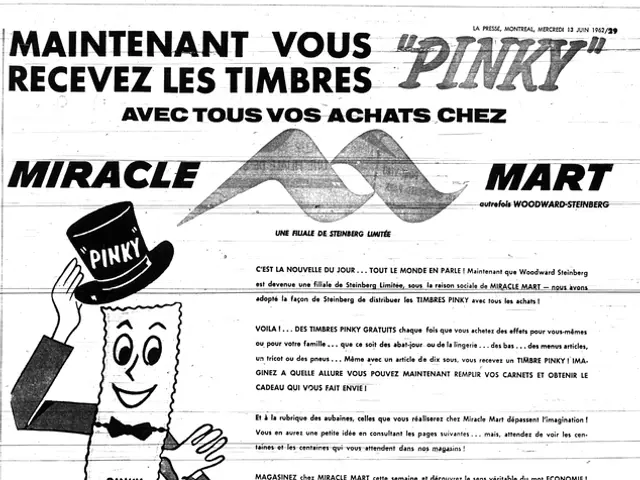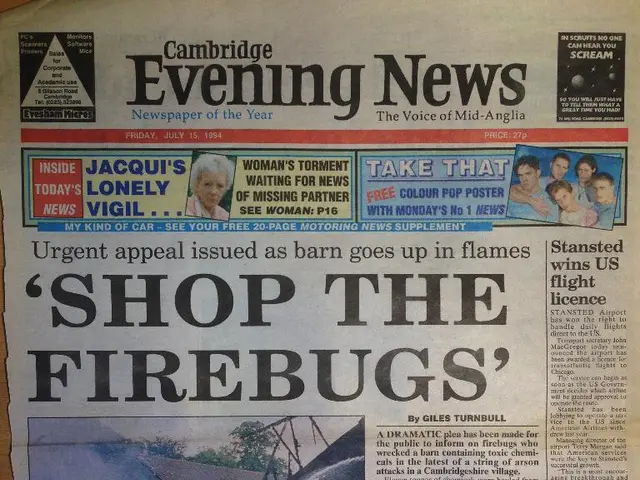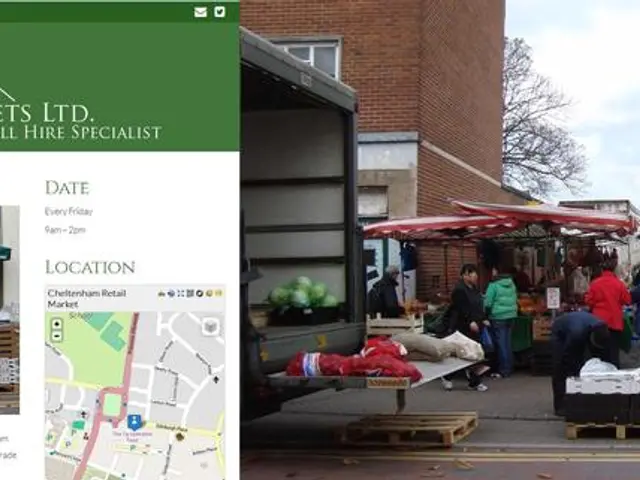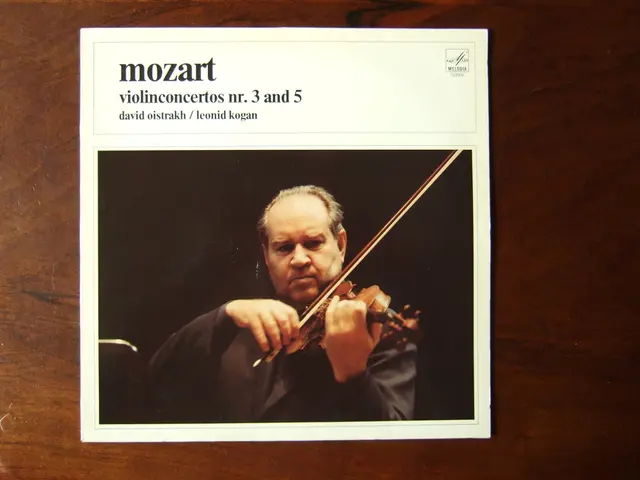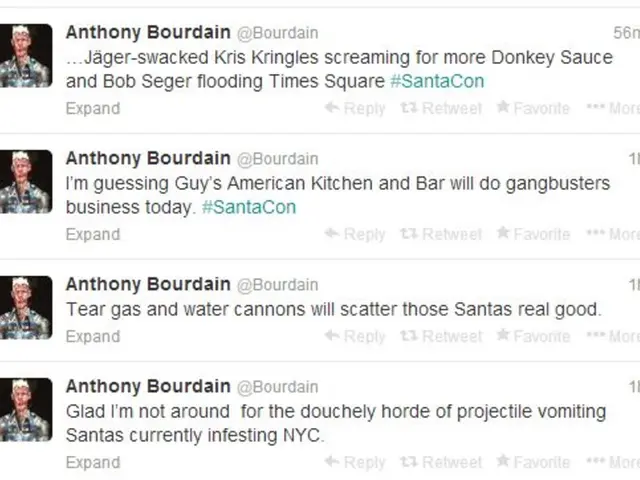College Sports Execution Order Proposed by Trump Unlikely to Make a Significant Impact
President Donald Trump issued an executive order on college sports in July 2025, aiming to stabilize the sector by safeguarding student-athletes' scholarships and opportunities, particularly in women's and non-revenue sports. The order also prohibits "third-party, pay-for-play payments" to college athletes [1][2][3].
Key aspects of the order include:
- The Secretary of Labor and the National Labor Relations Board (NLRB) are required to clarify the employment status of student-athletes. This clarification should preserve and ideally expand educational and athletic opportunities without turning college athletes into professional employees [1][3][4].
- The Attorney General and the Federal Trade Commission (FTC) are directed to take actions to protect student-athletes’ rights and shield college sports from ongoing antitrust lawsuits and other legal challenges that could destabilize the system [1].
- The Secretary of Education is involved by leveraging federal funding to ensure compliance with policies designed to protect college sports opportunities [3].
The executive order acknowledges the complex legal environment college sports face, particularly after recent court decisions affirming that caps on education-related benefits violate antitrust laws, and the evolving "Name, Image, and Likeness" (NIL) policies that allow athletes to earn money through endorsements [4]. It aims to balance preserving the educational mission of college sports with the growing commercial pressures.
Regarding potential legal challenges, the order aims to protect college sports from endless antitrust litigation by involving the FTC and the Department of Justice. However, there is an ongoing debate about whether collegiate athletes should be considered employees under laws like the National Labor Relations Act (NLRA), which would grant them rights to unionize and bargain collectively. The order tasks the NLRB and Secretary of Labor to clarify this status, but as of now, there are no definitive rulings or changes; the issue remains legally and politically sensitive [1][4].
The NCAA and other college sports organizations have expressed cautious support, recognizing the need for federal standards amid a patchwork of state NIL laws but also emphasizing the need for bipartisan legislative solutions [2].
In summary, the executive order is newly signed and directs federal agencies—Labor, NLRB, Attorney General, FTC, and Education—to take steps to clarify athlete status, enforce protections for non-revenue sports, and protect college athletics from antitrust and labor-related legal challenges. Implementation details and resulting agency actions are forthcoming, with ongoing discussions about the appropriate legal framework under antitrust and labor laws affecting college athletes [1][2][3][4].
Noteworthy points include:
- The executive order does not necessarily prevent college athletes from being recognized as employees under state laws.
- Restricting athletes' expressions, including through limiting NIL opportunities, could trigger First Amendment and right of publicity litigation.
- The characterization of "student-athletes" as "different from professional employees" in the executive order is argued to be a misdirection.
- A federal declaration that college athletes aren't employees would be challenged in court, as it is a debatable interpretation of federal statutes.
- Preemption of conflicting state employment laws by federal action is a highly litigated topic.
- The federal order, aimed at safeguarding student-athletes and their opportunities in education-and-self-development, has instigated an analysis of antitrust litigation to protect college sports from ongoing legal challenges and maintain stability.
- In the realm of politics, the executive order has ignited debates about the employment status of student-athletes, with the Secretary of Labor and the National Labor Relations Board (NLRB) tasked with clarifying their status without turning them into professional employees.
- The order, a big step in sports governance, directs the Federal Trade Commission (FTC) to shield sports from antitrust lawsuits while balancing educational missions with commercial pressures, a point that remains contentious in collective bargaining discussions.

